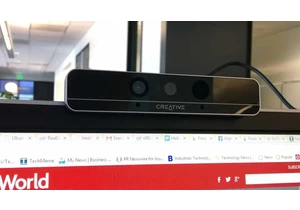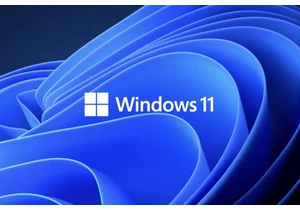Did you get a legit-looking—and potentially even racist—email from Ring asking you to verify a new Ring account that you never requested? You’re not the only one.
The Ring subreddit is blowing up with reports from puzzled users—many of whom have never owned a Ring product—who found Ring account verification emails in their inboxes, many of them laced with racial epithets.
Upon closer inspection, the messages themselves do appear to be coming from Ring, complete with the correct reply-to address, which is only adding to the confusion.
So, what’s going on? Did Ring get hacked? And why are users getting targeted with vile language?
The how and why behind the influx of Ring spam is still unclear (I’ve reached out to Ring for more details). But it appears likely that Ring, while an unwitting participant in the spam deluge, wasn’t the source of the data breach.
Instead, bad actors probably scooped up reams of stolen e-mail addresses and used them to sign up for Ring accounts—lots of them.
While creating the accounts, the hackers apparently used phony usernames, many of them racist. The racist language is surely upsetting and may make you think you’re being personally targeted, but it’s doubtful the hackers know anything about you aside from your email address.
Once the accounts were created, Ring’s systems dutifully sent out verification emails to the surprised and frequently shocked recipients.
Unlike phishing emails, which are fake messages designed to trick you into clicking links to malicious websites, these Ring verifications messages appear to be legit, even if they’re asking you to verify a Ring account you never created.
The truth is that most of us get random account signup spam like this on a regular basis, and either our spam filters catch the messages or we simply delete them and move on.
These Ring messages are getting more attention because of the racist usernames employed by the spammers, and there’s a decent chance that’s the motive right there: getting attention.
In any event, the best course of action with these spam Ring messages is to delete them without clicking on them. It’s also worth checking sites like Have I Been Pwned to see if your email address has appeared in any recent data breaches–and if so, you should change any passwords associated with the address.
This news story is part of TechHive’s in-depth coverage of the best security cameras.
Finally, if you’re really concerned, you should contact Ring’s customer service center—again, without clicking anything in the email itself.
Chcete-li přidat komentář, přihlaste se
Ostatní příspěvky v této skupině



RealSense, a depth-camera technology that basically disappeared withi

These days, the pre-leaving checklist goes: “phone, keys, wallet, pow

One of the most frustrating things about owning a Windows PC is when

Every now and then, you hear strange stories of people trying to tric

Cars are computers too, especially any car made in the last decade or
